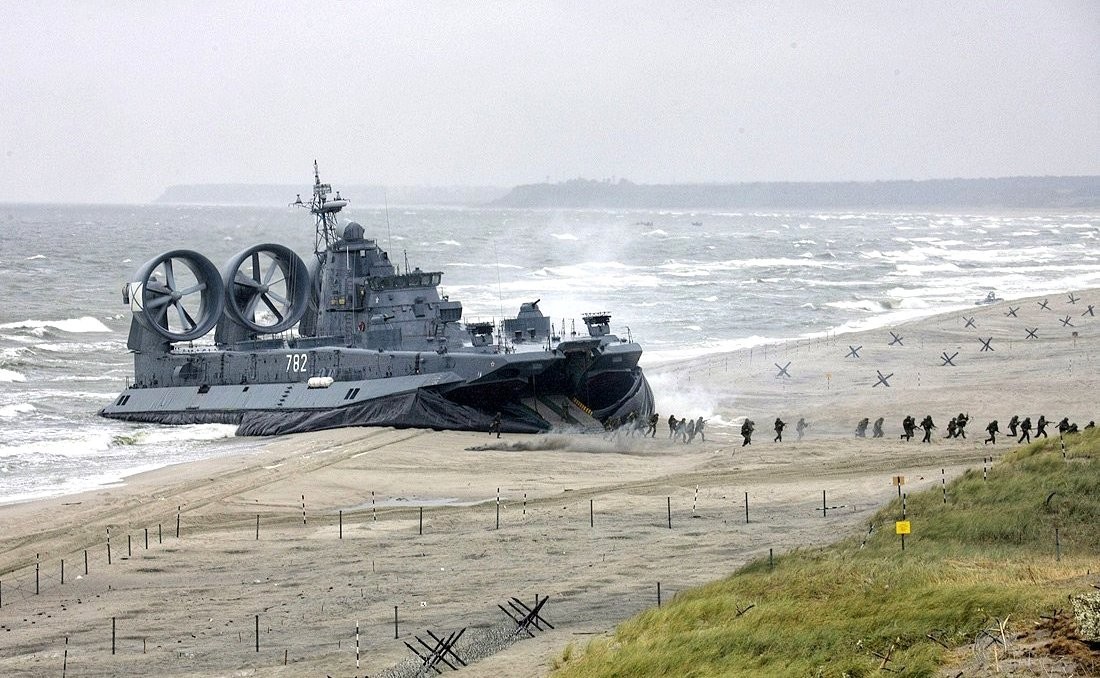
Russia has intensified its military activities in the Baltic Sea to shield its so-called “shadow” fleet used to evade sanctions imposed on its oil industry, Finland’s Minister of Defense Antti Häkkänen said on Friday.
Speaking to Finnish Public Broadcaster Yle, Häkkänen warned that Kremlin’s provocative actions at sea and in the air are escalating tensions in the strategic Baltic Sea region that is already under increased tension due to Russia’s war of invasion in Ukraine. The Finnish minister’s comments came a day after two Russian military aircraft were suspected of violating the country’s airspace near the coast of Finland’s southern city of Porvoo along the Gulf of Finland, the eastern arm of the Baltic Sea.
“We take the suspected airspace violation seriously, and an investigation is underway,” Häkkänen said in a statement. He stressed that the aircraft involved were Russian fighter jets.
Stressing that Russia’s military presence in the Baltic is not new, Häkkänen underlined that however, Kremlin’s active military protection of its shadow fleet marks a significant change.
“What is new is that Russia is now protecting tankers belonging to its shadow fleet in the narrow waters of the Gulf of Finland. This has involved military escort operations and the presence of armed forces,” Häkkänen stated.
On the same day, Poland’s Defense Minister Władysław Kosiniak-Kamysz reported the violation of the country’s air space over the Baltic Sea. The minister stated that the country’s fighter jets on Thursday intercepted a Russian tactical bomber, Soviet-era Su-24 aircraft, carrying out “dangerous” maneuvers in international airspace over the Baltic Sea. The incident was deterred by Polish jets at the request of allied NATO forces in Europe, the minister said.
It should be noted that last week, Baltic country of Estonia reported that a Russian combat jet penetrated its airspace after its navy attempted to stop a “shadow fleet” vessel. Estonia responded with Portuguese F-16 jets stationed in the country as part of NATO’s Baltic Air Policing Mission.
Baltic Sea region has been the venue of a number of sabotage incidents, reportedly linked to Russia’s shadow fleet flotilla, and targeting underwater lines, gas pipelines, telecom links, since the start of the war in Ukraine in 2022. The attacks prompted the NATO and the EU to boost the security of the Baltic Sea, a major shipping route bordered by NATO members Poland, Sweden, Finland, Germany, Denmark, Latvia, Lithuania, and Estonia, along with the Russian exclave of Kaliningrad.
Comments
Leave a Reply
Your email address will not be published. Required fields are marked *